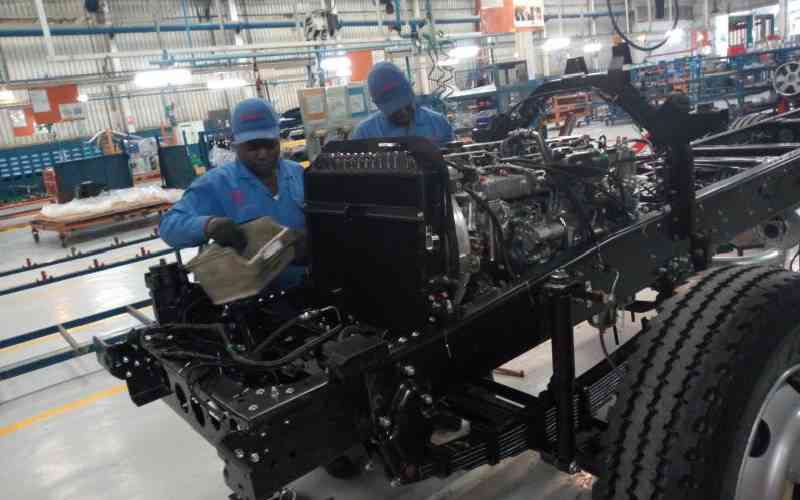×
The Standard e-Paper
Home To Bold Columnists

Kenya has stepped up efforts aimed at developing a robust local auto industry by banning the importation of second-hand buses and trucks.
The ban took effect last Friday and is expected to play a key role in growing the local vehicle assembly industry.